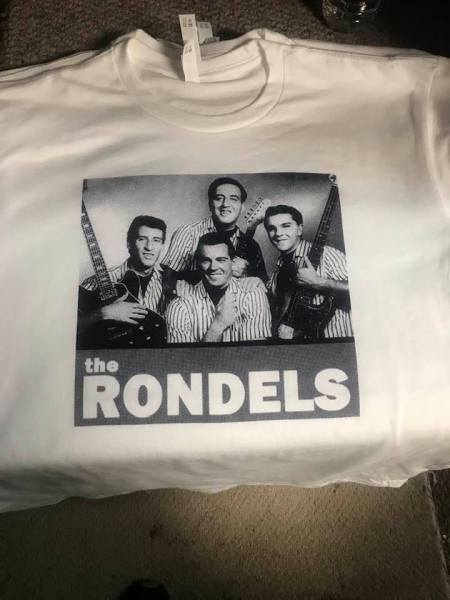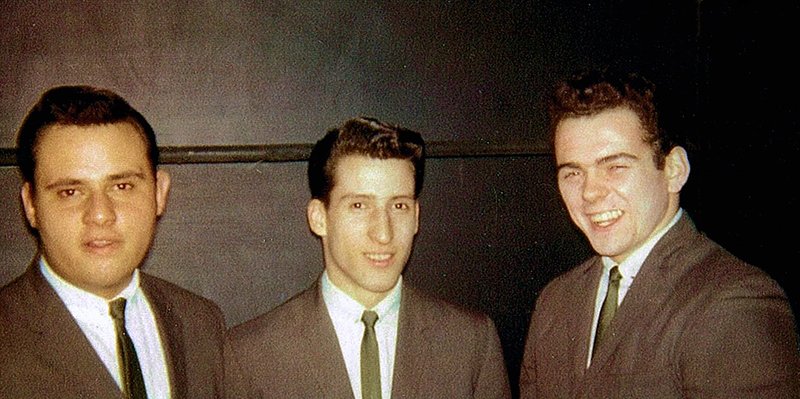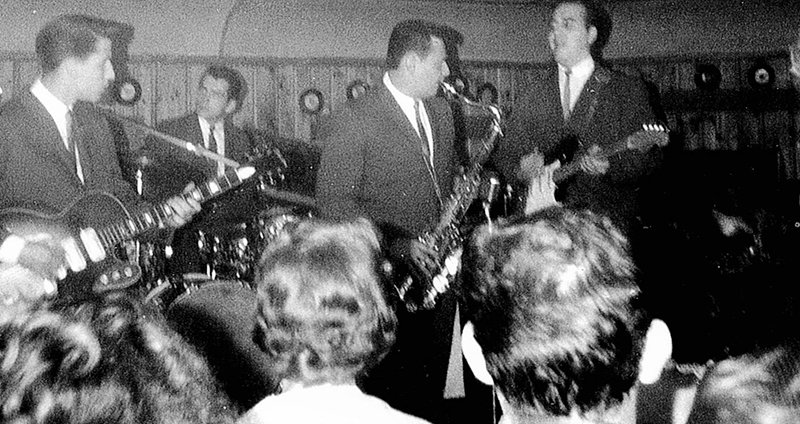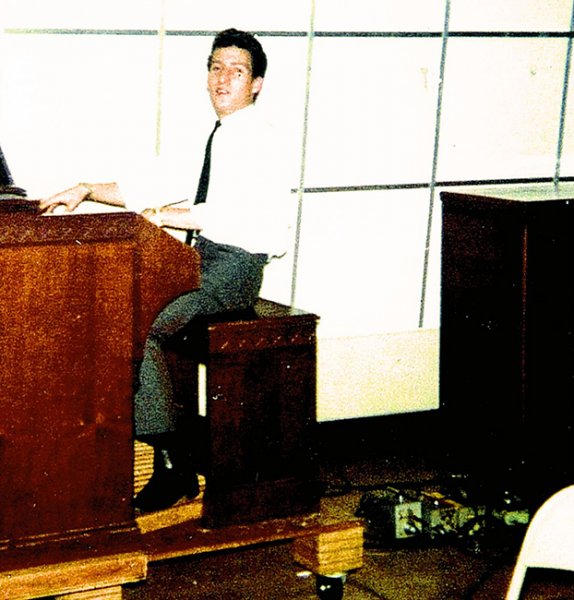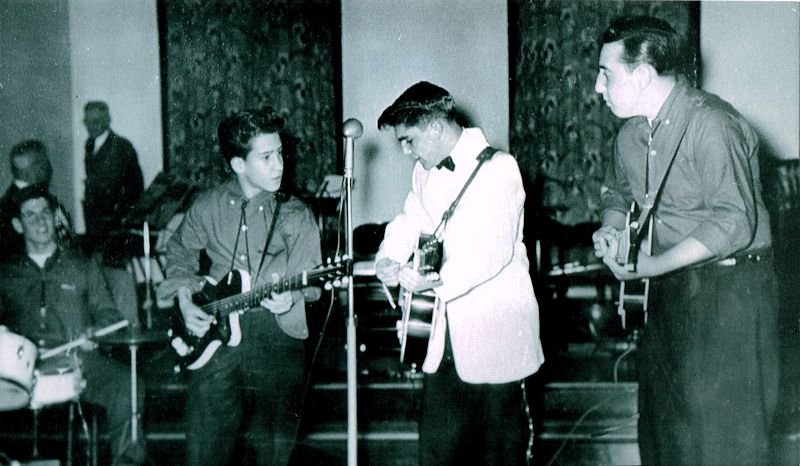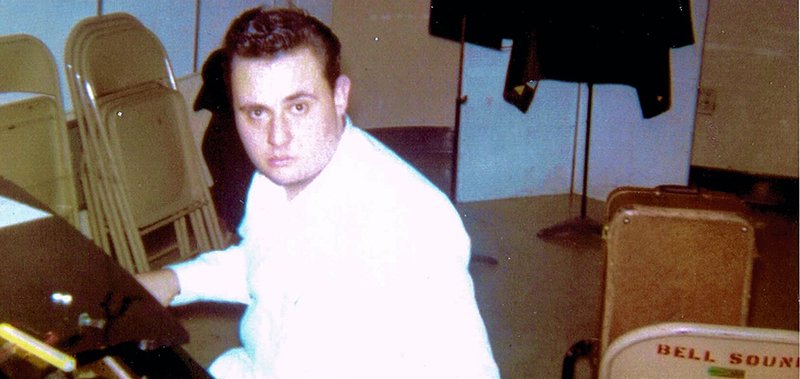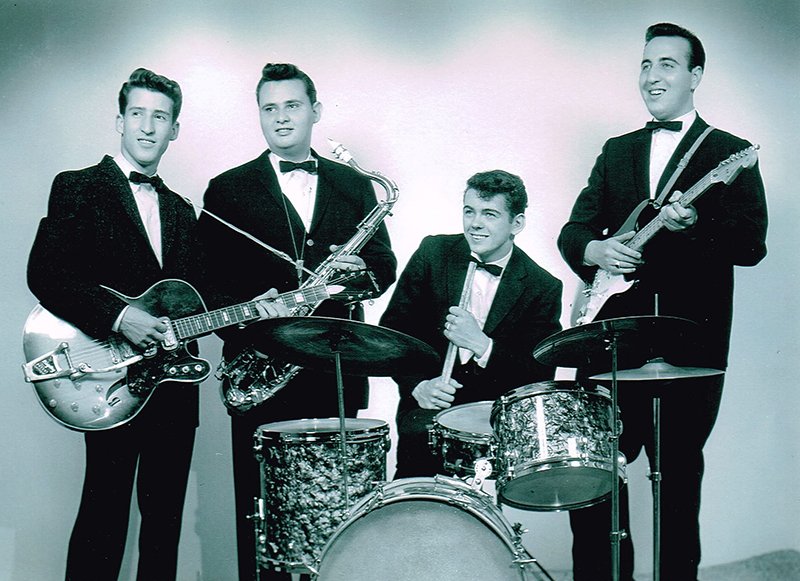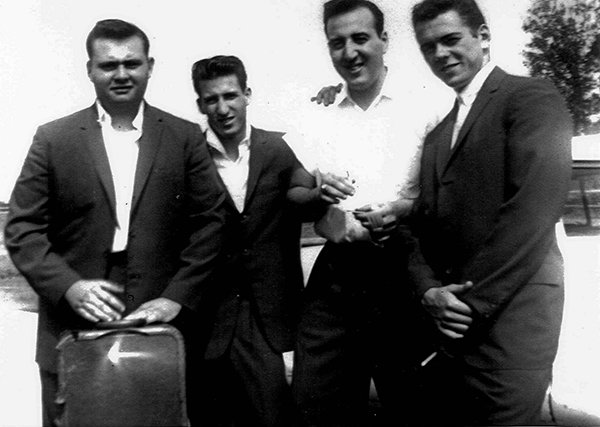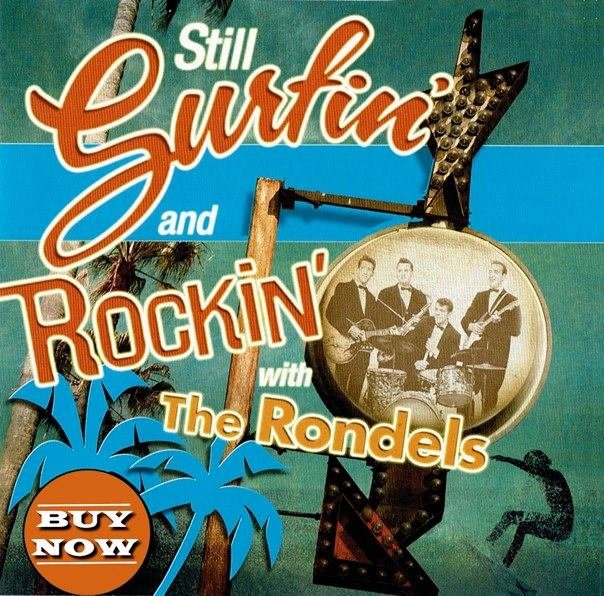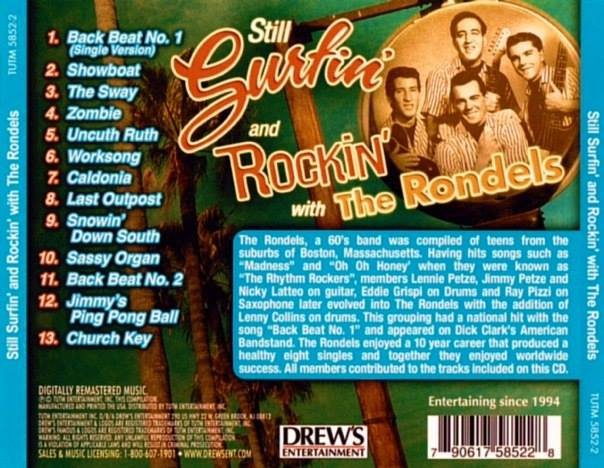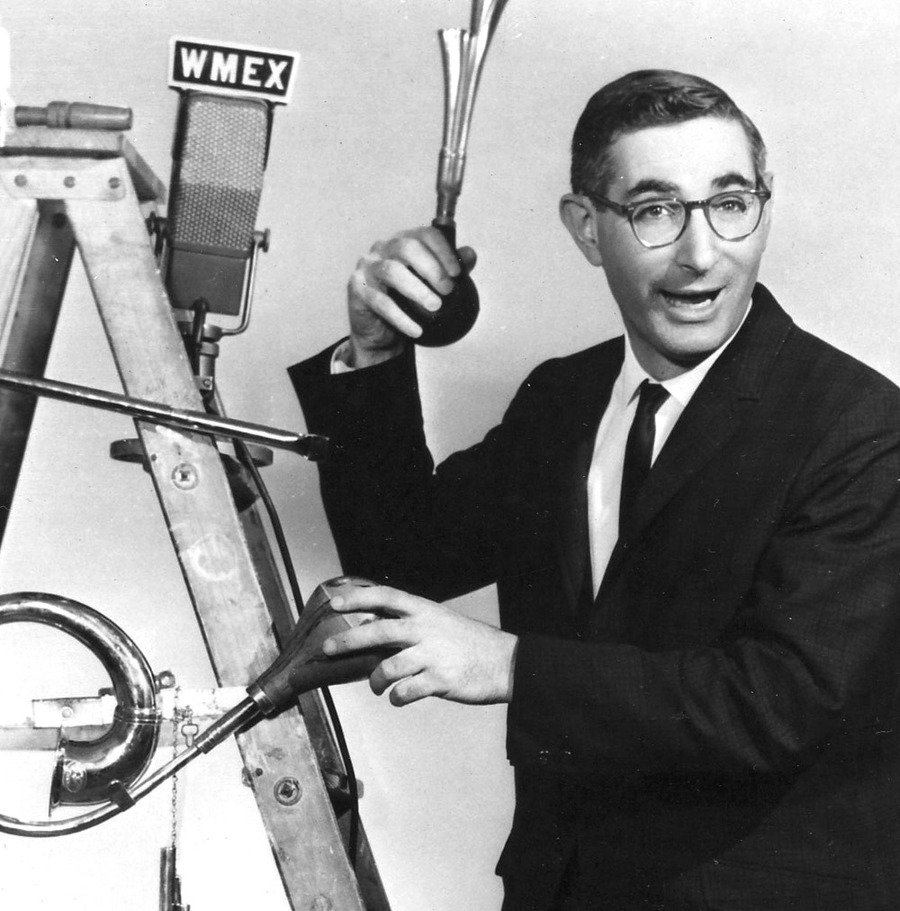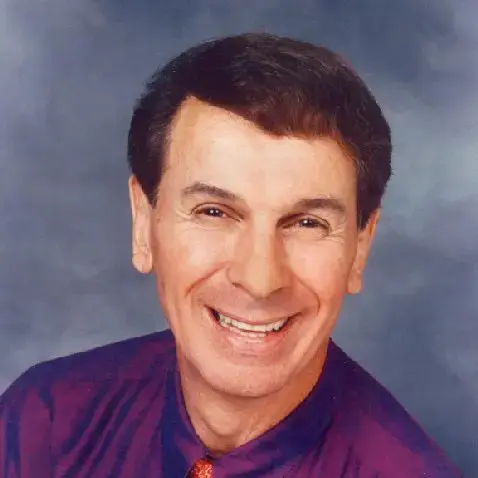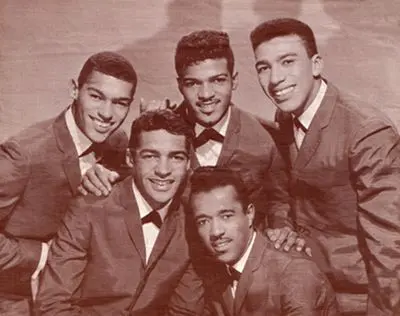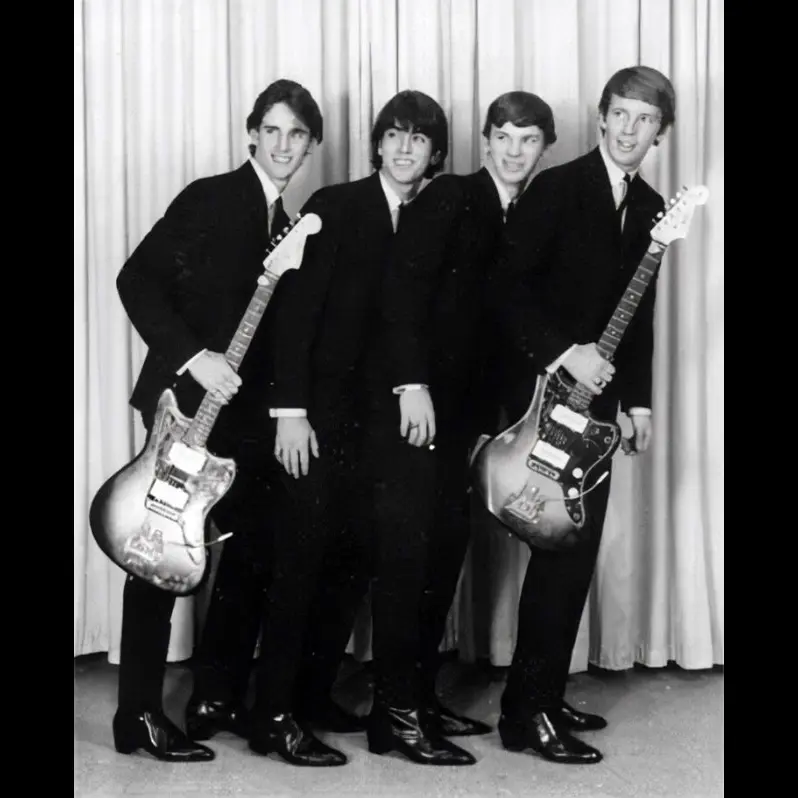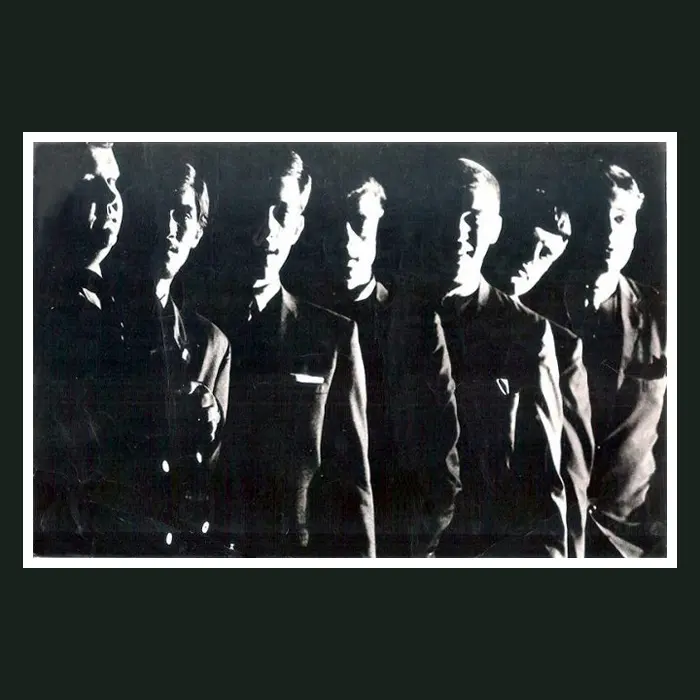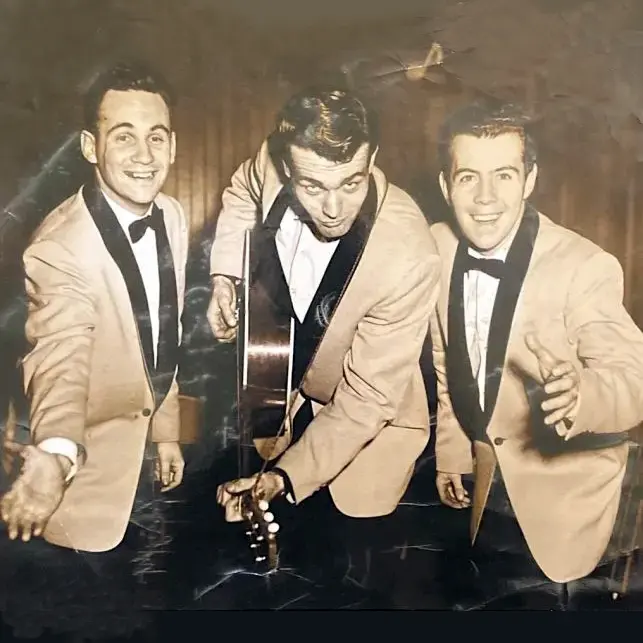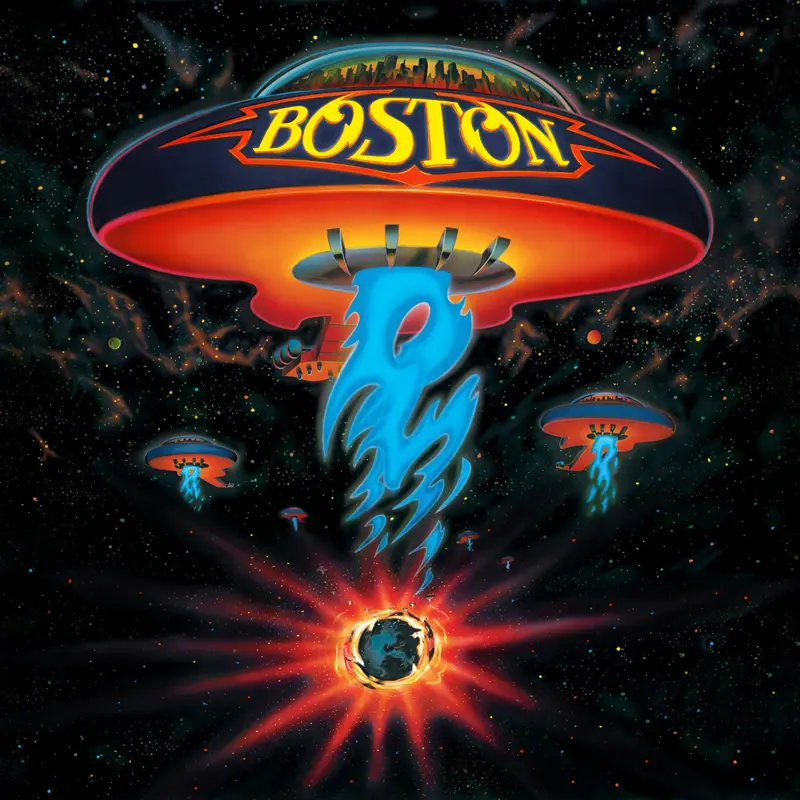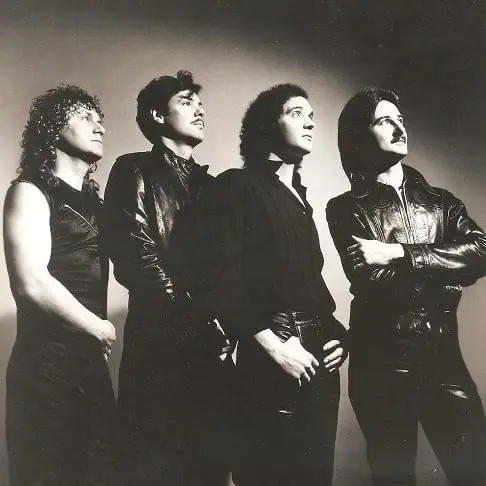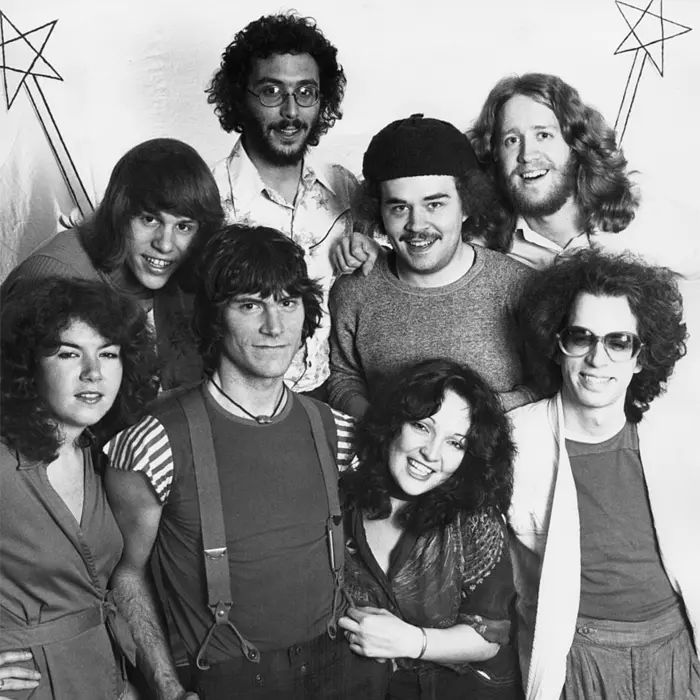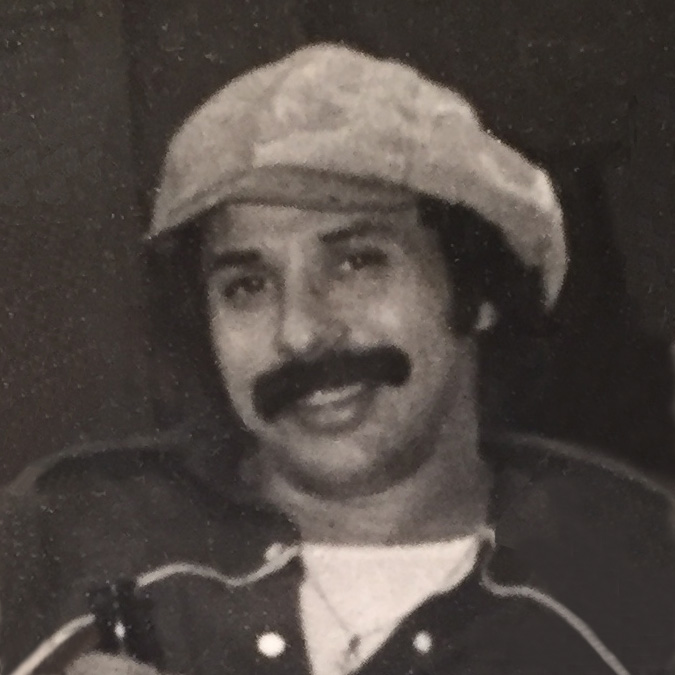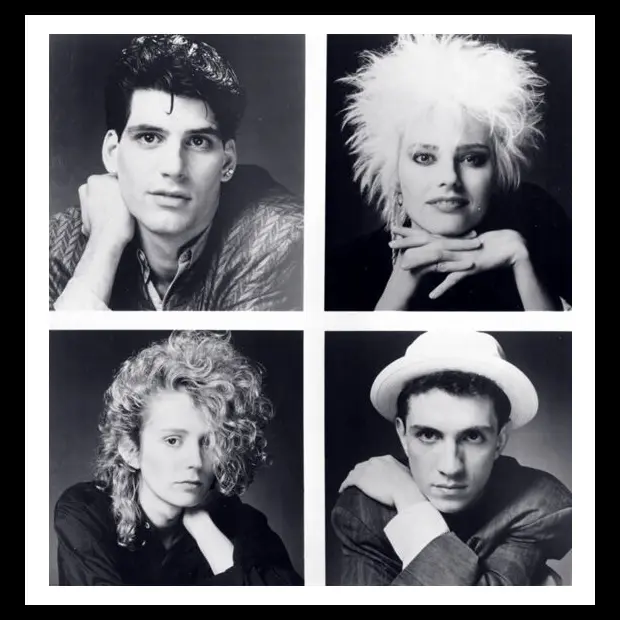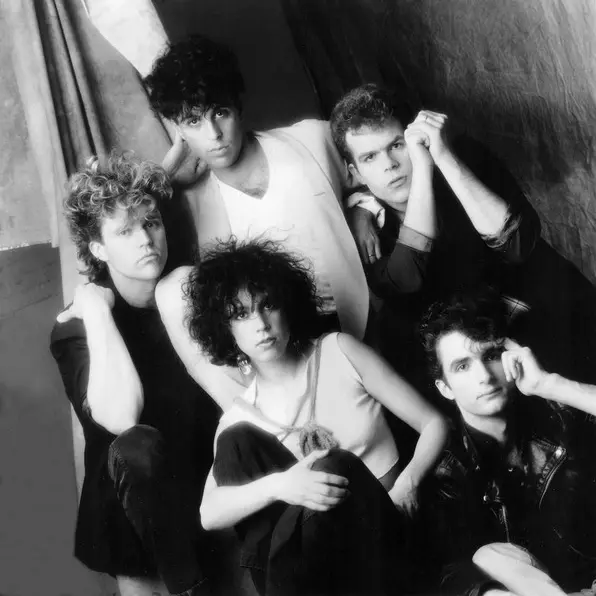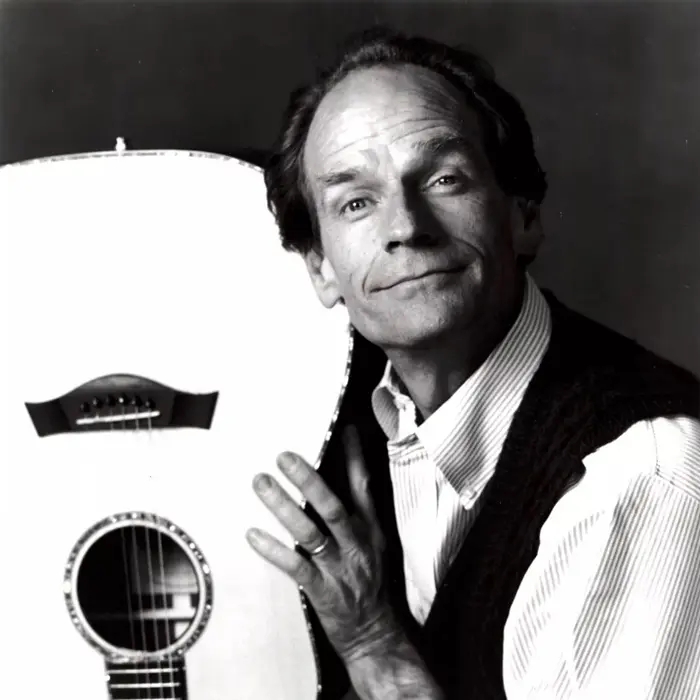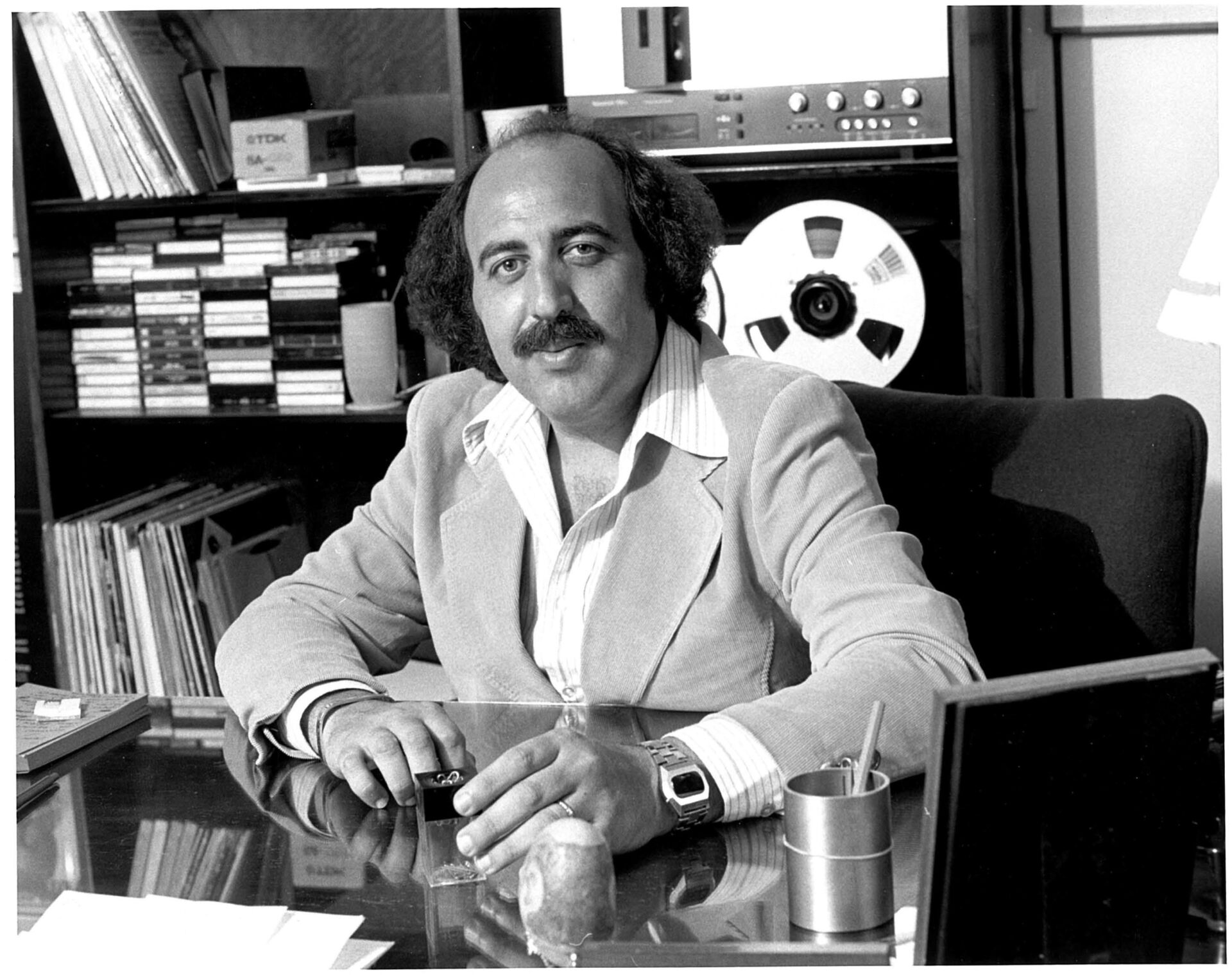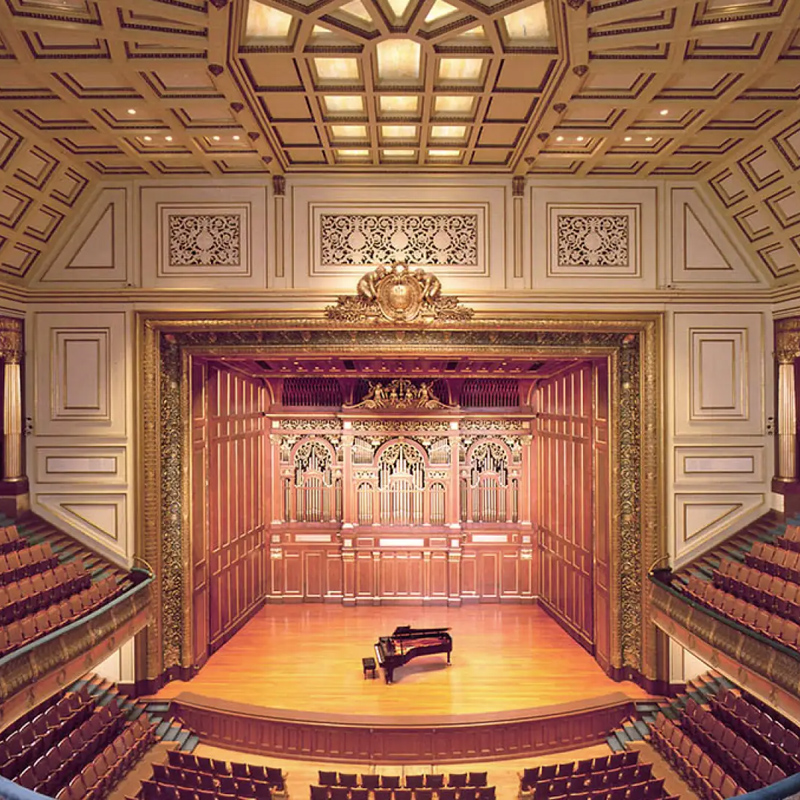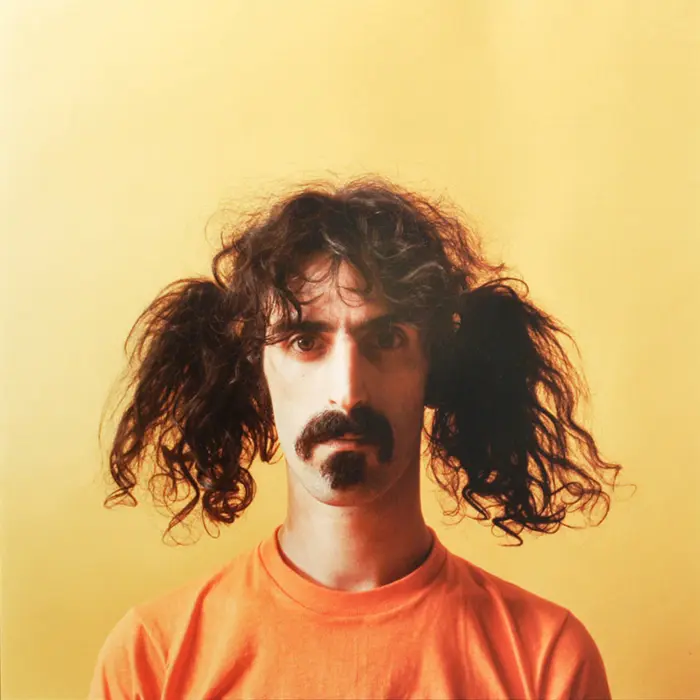The Rondels
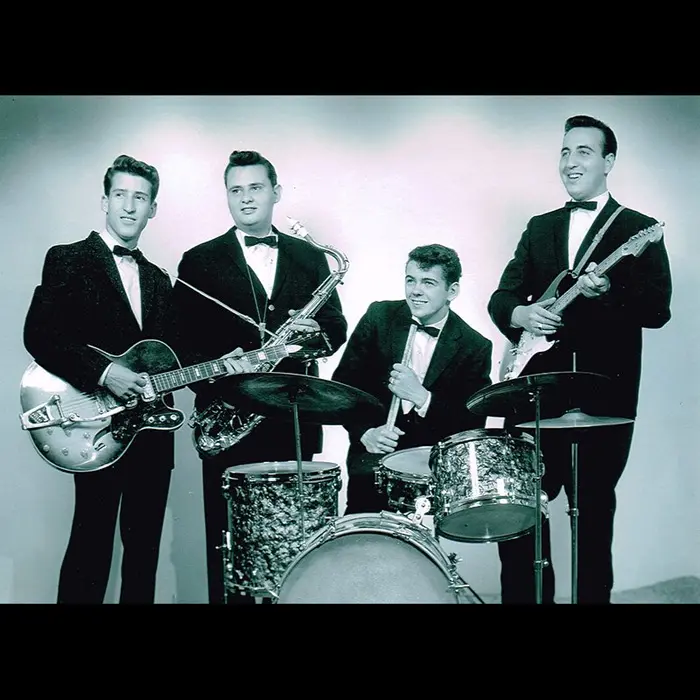
Jimmy and Lennie Petze of Weymouth, Ray Pizzi of Quincy and Lenny Collins of Braintree separated themselves from the Beantown pack with a handful of raucous, largely instrumental rockers that are fondly remembered to this day and serve as an exciting counterpoint to the comparatively staid sounds of Freddy Cannon and The G-Clefs that dominated Kennedy-era Boston.
The band members cut their teeth in their first band, The Rhythm Rockers. Formed in 1958, they played countless record hops on the South Shore along with other popular bands at the time: Rick Coyne & The Guitar Rockers, The Rainbows, The Reveleers, The Chevelles, The HiFi’s, The Pilgrims and The Rockin’ Ramrods. The Rhythm Rockers, comprised of the Petze cousins (Lennie and Jimmy), Nicky Latteo, Ray Pizzi and Ed Grispi, signed with Square Records, a local label founded by another Boston group, The Three D’s, and recorded their first single, “Madness,” at Ace Recording Studios in 1958. The track garnered some radio play in New England and received great support from Arnie “Woo Woo” Ginsburg at WMEX in Boston. Then, as luck would have it, drummer Ed Grispi got drafted and Nicky Latteo got married. The band’s lineup – and name – was about to change.
Formation, “Shades Of Green,” “Back Beat #1”
Lenny Collins had been drumming for The Reveleers, and when asked to join up with the Petzes and Pizzi, he accepted and came aboard in early 1960. Practicing in the basement at 400 Liberty Street in Braintree and recording demos as a four piece unit they decided on the name The Rondels.
One of those demos was their version of the standard “Greensleeves,” and while chasing a record deal in New York City it caught the attention of New York City-based producer Bugs Bower who at that time had the number one record in America: the Brian Hyland-sung “Itsy Bitsy Teenie Weenie Yellow Polka Dot Bikini.” Bugs brought the band to New York and produced the track, re-titling it “Shades of Green.” A few months went by and the band got the good news that they were offered a deal from Amy Records through the label’s head of A&R, Jerry Landis, aka Paul Simon.
Bugs asked the band to go into the studio in Boston and cut a B side which ended up being “Back Beat No. 1.” While “Shades of Green” went out as the A side, it wasn’t long before the label was getting feedback from deejays around the country that they were working the wrong side; sure enough, “Back Beat No. 1” cracked the Billboard Hot 100, landing at #66 in August 1961.
National popularity, 2021 rereleases
Performances on Dick Clark’s American Bandstand along with other TV appearances in Baltimore, Detroit, and Washington D.C. made 1966 a special one for this band from Weymouth, Braintree and Quincy. They continued to gig and cut singles through the ‘60s but greater success eluded the group. The tidal wave known as Beatlemania proved to be too much to compete with, though the band (with a few line-up and name changes) soldiered on until 1968, after which Jimmy Petze and friend and musician Bobby Morse continued to make music and record for another ten years. Altogether during that decade, their band recorded almost 100 tracks.
In 2021, Fervor Records released the CD The Rhythm Rockers 1957-1960, which includes the band’s first singles, “Madness Chapter One” and “Madness Chapter Two,” along with “Monkeys Rock” and “Just A Rockin.” Also in 2021 Fervor reissued four Rondels albums digitally, The Rondels Anthology Vol. 1, The Rondels Anthology Vo. 2, The Rondels Anthology Vol. 3 and The Rhythm Rockers 1957-1960.
Post-Rondels activity: Lennie Petze
Lennie Petze remained in the industry, eventually becoming senior vice president of A&R for Epic/Portrait Records, for whom he signed, among others, Boston, Cyndi Lauper, Eddy Grant, Sade, Molly Hatchet, Saga, Europe, Heatwave, Danger Danger, Accept, Mtume, Wet Willie and Aldo Nova. His loyalty to Boston and its musical community held true throughout his tenure at Epic as his signings also included Barry Goudreau and Orion The Hunter, Orchestra Luna, Phil Gentile, ’Til Tuesday, Face To Face, Livingston Taylor and New Man.
While vice president, along with the artists that he signed, Lennie worked with Cheap Trick, The Clash, Heart, Randy Bachman, Felix Cavaliere, Buck Dharma, Dan Fogelberg, Jim Steinman, Luther Vandross, Annie Lennox, Arthur Baker, Dave Loggins, George Duke, Michael Jackson, The Jacksons, Jeff Beck, Stanley Clarke, REO Speedwagon, Atlanta Rhythm Section, Don Johnson, Teena Marie, The Bangles, Michael Bolton, Meatloaf, Patti Labelle, The Charlie Daniels Band and Kansas. As a producer, Lennie oversaw Wet Willie’s album Which One’s Willie and Aldo Nova’s self-titled debut album. He co-produced Cyndy Lauper’s number one hit “True Colors” as well as her albums True Colors and She’s So Unusual.
Post-Rondels activity: Nicky Latteo
Nicky Latteo returned to The Rondels in 1963 and remained as the lead singer and bass player until 1968. He was an original member of The Rhythm Rockers, which in the beginning was a three piece group in which all members played guitar. Always a showman, Nick had amazing talent as a singer and musician with the ability of learning anything quickly.
At a young age, he studied and mastered tap dancing and he was known for his showmanship at high school talent shows. That showmanship worked right into his stage persona. Having left the group in 1960 to help raise his four children, he returned to The Rondels and he picked up the bass guitar and played it like he had been playing it all his life. As of 2021, he continues to play and entertain at nursing homes and private parties as a one-man band. After living in Weymouth, Massachusetts most of his life he and his wife Clare have moved on to a life in sunny Naples, Florida. Nicky has a huge family and still plays Santa Claus at the family Christmas party.
Post-Rondels activity: Lenny Collins
Lenny Collins also joined Epic Records. When Lennie Petze was promoted to regional promotion manager for Epic in Boston, he encouraged Lenny to interview for the local promotion manager position, and that was the beginning of a long career for Lenny at Epic. He had tremendous success in the New England market promoting artists on the label and its sublabels to radio stations across New England, and he was responsible for breaking numerous artists, including Labelle, Boston, Cyndi Lauper, Stevie Ray Vaughn, Til Tuesday and on and on and on.
After having a lucky day with The Massachusetts State Lottery, Lenny decided to change direction. He was always a horse racing enthusiast and that’s what he did. Many times at Suffolk Downs the winners circle had Len and his horse celebrating. He still has his drums set up in his basement and without a doubt can still play as well as anyone.
Post-Rondels activity: Eddie Grispi
Eddie Grispi was the drummer in The Rhythm Rockers and played and even occasionally sang on all of the band’s early recordings. Upon his return from the Army, he played with many combos at clubs and dances in and around the South Shore of Boston.
A talented cabinet maker, he opened his own kitchen design center, Kingston Kitchens, in Kingston, Massachusetts, and developed a thriving business that continued to be successful until his sudden passing on New Years Day 2004. Eddie had a big family and many grandchildren who loved him dearly. A snowbird, Ed and his wife Shirley would spend part of the winter in their home in Florida where he would play golf, a game that he loved as much as his drums. A great and loyal friend and always a practical joker, he was always great fun to be around.
Post-Rondels activity: Ray Pizzi
Ray Pizzi, the incredible saxophone player who joined The Rhythm Rockers in 1958 at age 15, has the most extensive musical credentials of all the members and his playing can be heard on all of The Rhythm Rockers’ and The Rondels’ recordings. He attended New England Conservatory and Berklee College of Music, after which he became a music teacher in the public school system in Randolph, Massachusetts, but his true calling became apparent in 1969 when he took a chance and moved to Los Angeles, California. There he became one of the LA recording scene’s most in-demand session player.
His sax, flute and bassoon playing can be heard on recordings by Dizzy Gillespie, Frank Zappa, Henry Mancini, Chaka Khan, Madonna, James Brown, Quincy Jones, Nancy Wilson, Ravi Shankar, Aretha Franklin, Stevie Wonder and Michael Buble, among many others. He can also be heard on soundtracks of movies like Grease, Return Of The Jedi, Rocky 3, 10, Back To The Future, Forrest Gump, Father Of The Bride, Mommie Dearest, Romancing The Stone and many more. Ray’s level of musicianship garnered him many rewards including Jazz Pioneer Award from BMI, Most Valuable Player Emeritus from NARAS, Musician Of The Year from Jazz Podium magazine (Germany) and Talent Deserving of Wider Recognition from DownBeat magazine.
Even with all these tremendous accomplishments, Ray treasured the early days with his bandmates in The Rhythm Rockers and The Rondels and when a reunion of the members would happen on the East Coast, he would insist on joining in on a phone call. Sadly, he passed away on September 20, 2021, but his work will be forever cherished by musicians all over the world who came to know of him through his amazing prowess on the toughest of wind instruments, the bassoon. Google this amazing musician. You won’t be disappointed.
Post-Rondels activity: Jimmy Petze
Jimmy Petze was probably one of the tastiest guitar players to come out of the Boston music scene. His smooth playing can be heard on all of the music recorded by The Rhythm Rockers and The Rondels. He was a perfectionist and in terms of practicing, he was never without that Gibson of his close by. Hours and hours of learning and playing and practice, practice.
After The Rondels stopped playing gigs, Jimmy continued making music with good friend and later member of the band, Bobby Morse. Jim and Bob wrote together and recorded a number of songs that can be heard on The Rondels Anthology Volume 3. At that same time he took up a hobby that developed into a family business that is still running today, Petze Glass. Jim became an amazing stained glass designer and the glass items that he made were in high demand in his Cape Cod community. He and his wife Judi were filling orders for his work as it grew into a regional success. Them Jim struck a deal with the successful Christmas Tree Shops and that was it!
His business flourished during the ‘80s as shipments of glass were being delivered and cut ornaments were being shipped. Petze Glass became so successful that it allowed Jim to set up a recording studio in his home where he went on to write and record over 20 songs, with him playing every instrument and singing as well – something that he had never done in either The Rhythm Rockers or The Rondels. Sadly, he passed away in 1993 at age 49. His daughter Michelle has become an experienced glass cutter and carries on with her father’s designs, in addition to her own. Petze Glass can still be found in specialty shops all over New England and, along with his music, Jim has left an amazing legacy in the glass arts.

